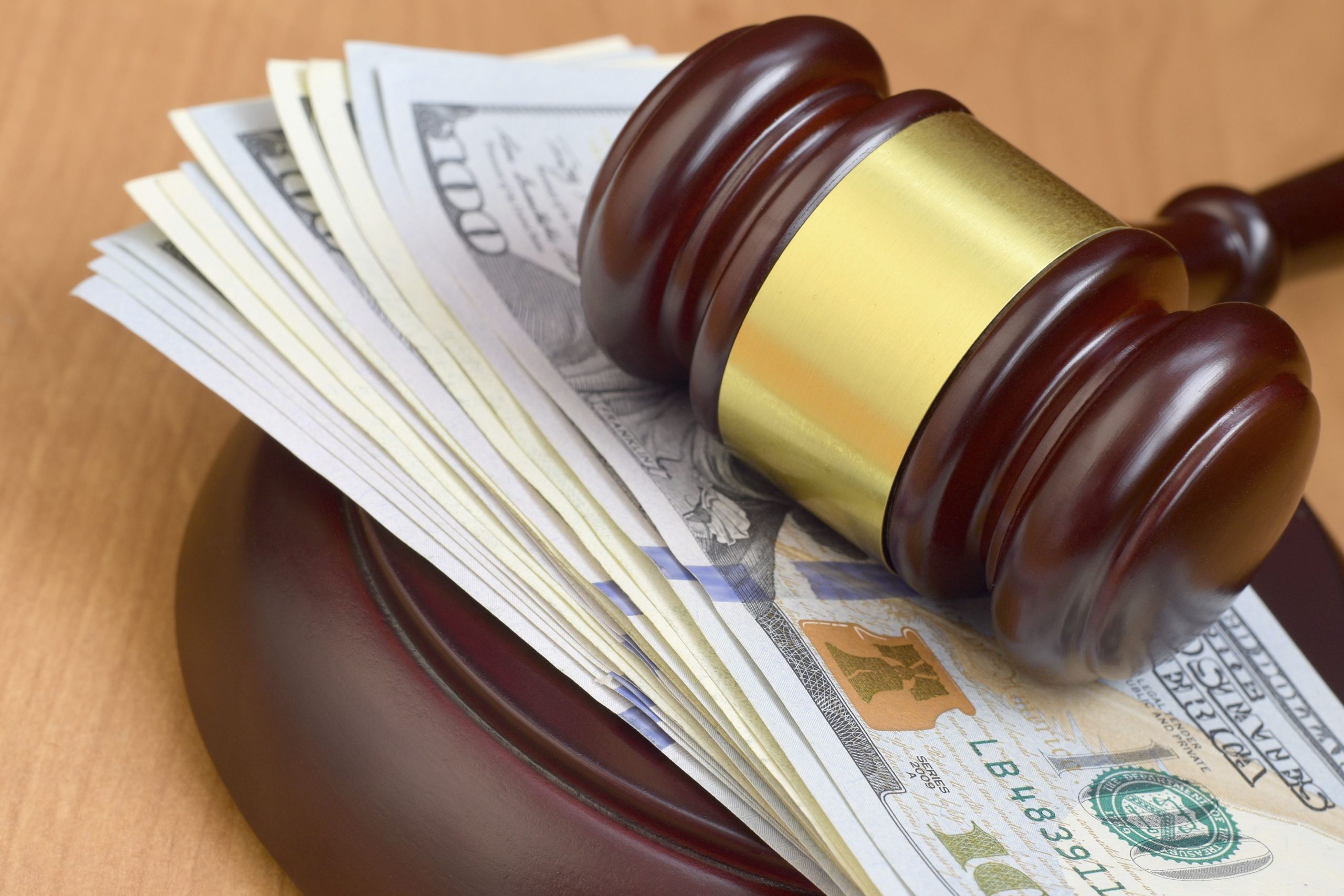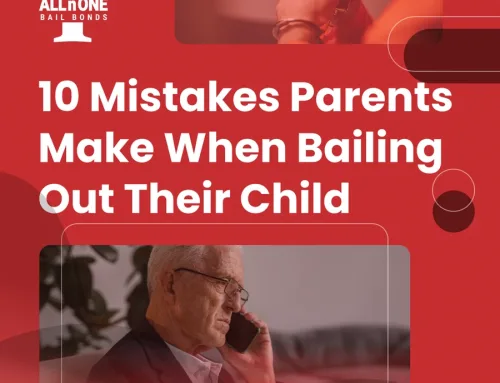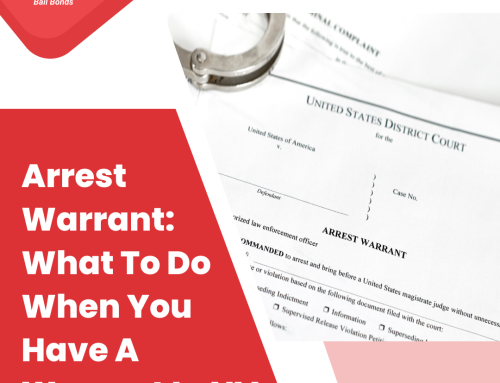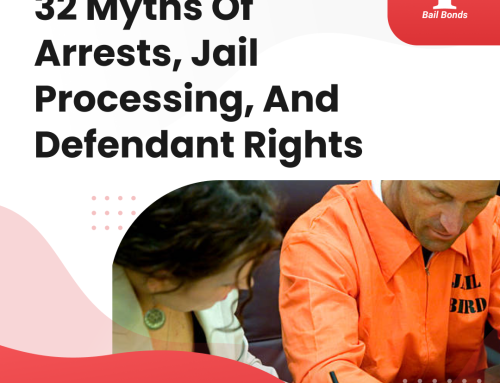You might be asking, “Will I get my bail money back?”
Answer: It depends.
Getting your bail money back hinges on whether you meet the requirements of the court.
Note: If you are wondering if you get your bail premium back, then the answer is no. Your bail bond premium (what you pay to your bail bond agency for their services) is non-refundable.
In the state of Nevada, bail bond premiums are set at 15% of the total bail amount, so if your bail is set at $10,000, you will be left with a premium of $1,500. Many people cannot afford to pay $1,500 out of pocket, which is why having a flexible payment plan for your bail bond is important.
If you are in the Las Vegas area and are scouting out bail bond agencies with highly flexible plans, All n One Bail Bonds may be the right choice for you. Call us anytime. We are available 24/7.
How Different Types of Bail Are Returned
Cash Bond
If the individual does not break the bond rules and the bail is posted in cash, the clerk’s office will refund the amount to the owner, provided that the owner writes their SSN, TIN, or EIN on the bail ownership form. However, this only applies if the bail amount is equal to or less than $10,000.
If the cash bail amount is more than $10,000, then the person who posted the bail has to fill out additional forms, including an IRS form, before the money is returned.
Bail Bonds
A bail bond is a contract between the accused and the court in which the accused agrees to appear in court when asked to do so in exchange for release from custody. The accused typically pays a fee to the bonding company to secure the release.
If the accused fails to appear in court, the bonding company may seek to recover the bond’s cost by bringing the accused back into custody.
As we mentioned earlier in this article, when the defendant posts bail using a bail bond, the bail bond premium paid to the bail bond company is not refunded. The bail amount is given back to the bail bond company once the bail is exonerated.
Property Bond
When someone posts a property bond, they are essentially putting their property up as collateral to ensure the release of the arrested person. If the person does not show up for their court date, the court can seize the property to repay the bail amount.
However, if the person does show up for their court date, then the property will be given back to them once the case is closed. If the property is used as collateral for bail, upon the exoneration of bail, the lien on the property will be released.
Release on Recognizance (ROR)
Release on Recognizance (ROR) is a type of release that allows an accused person to be released from custody without having to post bail. The accused must still appear in court when required, and if they fail to do so or commit another crime, they may be arrested and required to post bail.
ROR is typically used for minor crimes or when the accused is not considered a flight risk.
Release on recognizance (ROR) does not require any money or collateral. In this case, since no bail money was paid, nothing needs to be refunded.
Have Questions? We’ve Got Answers
Paying bail in cash can get you out of jail, but it is expensive and risky. This is why many people choose to get bail bonds.
If you need a bail bond or have any questions about the bail bond process, call us. Our bail experts are passionate about helping people and will be happy to take your call.
Further Reading: Two Common Bail Definitions and Surety Bonds
Bail Exoneration: This means that the case is closed, and the court will return the bail money, regardless of whether or not the defendant is found guilty.
Bail Jumping: This occurs when the defendant misses their court hearing, goes into hiding, or otherwise violates the bail requirements set by the court. When this happens, the bail is forfeited. The defendant may also face additional criminal charges for bail jumping and may lose the chance to post bail in the future.
Surety Bonds: Did you know that bail bonds are a form of surety bond?
A surety bond is a financial guarantee given to a third party that an agreement will be honored. The bond is usually provided by a recognized individual (or group of individuals) and sometimes a bonding company, which agrees to pay the third party if the agreement is not met.
When surety bonds are used in court cases, they are known as bail bonds. The bail bond company in a criminal case acts as the surety, guaranteeing that the accused will show up in court when required.
If the defendant fails to appear, the surety will be held liable for paying the fines and penalties associated with their absence. So, how do you get bail money back? Just abide by the requirements of the court.





